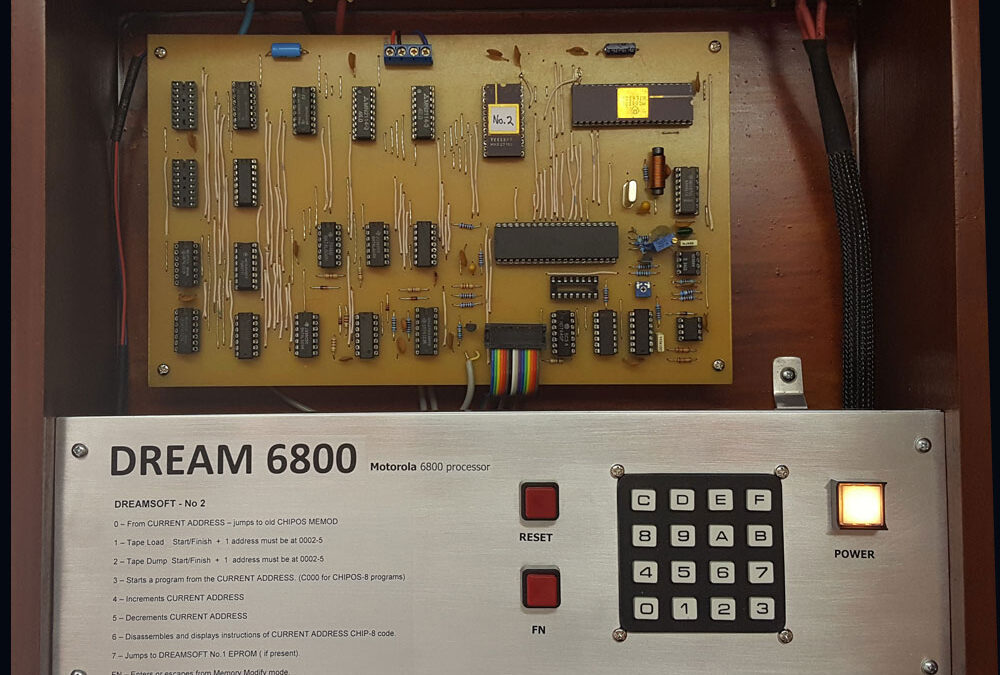
by musovern | Apr 4, 2018 | Vintage Computer
The DREAM 6800 (Domestic Recreational Educational and Adaptive Microcomputer incorporating the Motorola 6800 microprocessor) was designed by Michael J Bauer from Brisbane’s Deakin University. It is not particularly sophisticated but at the time offered those handy...
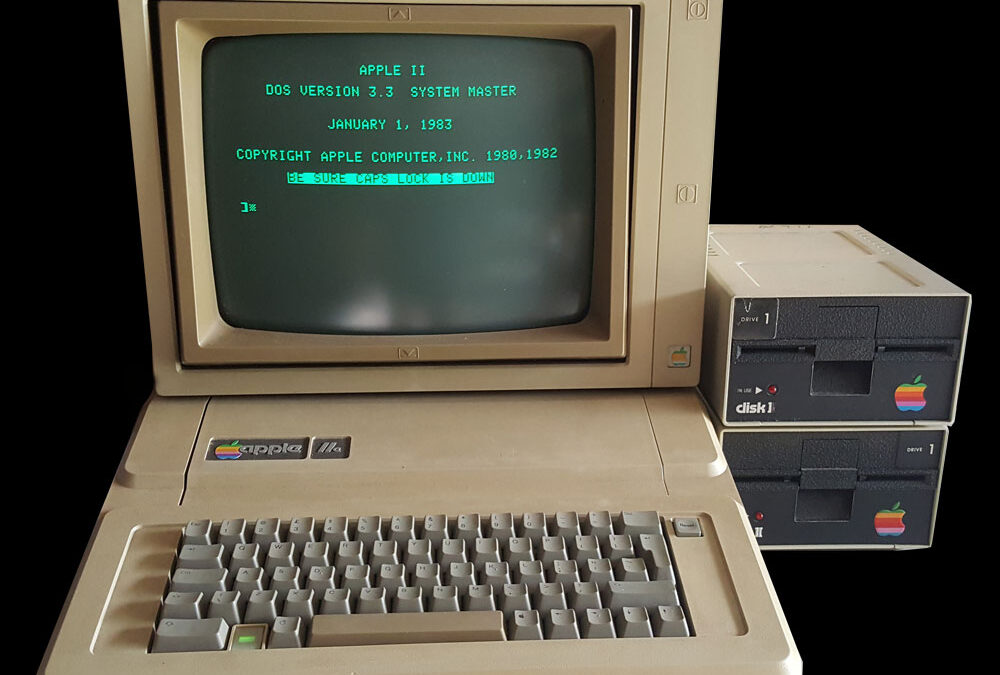
by musovern | Apr 3, 2018 | Vintage Computer
After having sold more than 750,000 Apple II and II+ systems, making it one of the best-selling brands in the global computing market, Apple released an updated version of the II+ – the Apple IIe (‘e’ standing for enhanced). It also was a great...
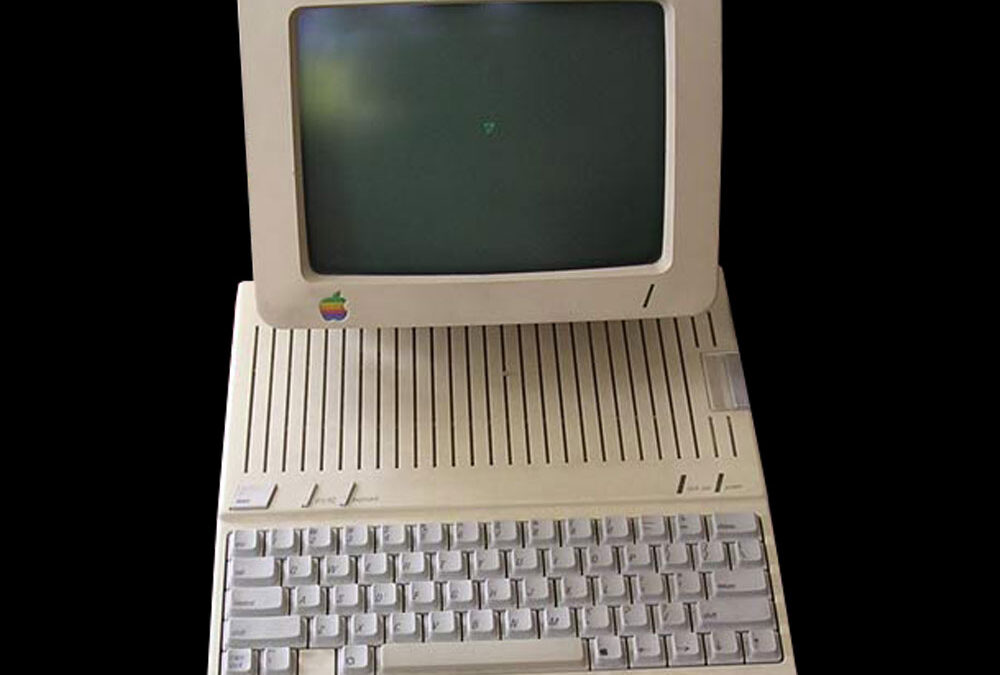
by musovern | Apr 3, 2018 | Vintage Computer
The Apple IIc was released on April 24, 1984, during an Apple-held event called Apple II Forever. With that motto, Apple proclaimed the new machine was proof of the company’s long-term commitment to the Apple II series and its users, despite the recent...
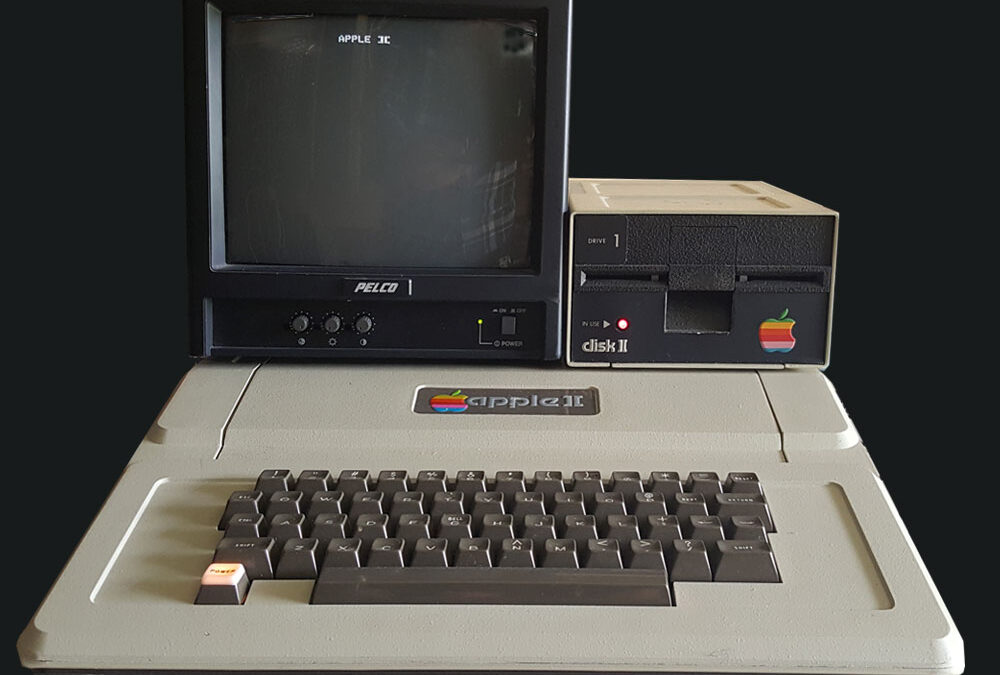
by musovern | Apr 3, 2018 | Vintage Computer
Apple II was the successor to the Apple 1, on which it was largely based. It was the very first commercial success of the Apple Computer Company. Because Steve Wozniak wanted to demonstrate his Breakout game with the new Apple II, he decided to add colour, sound and...
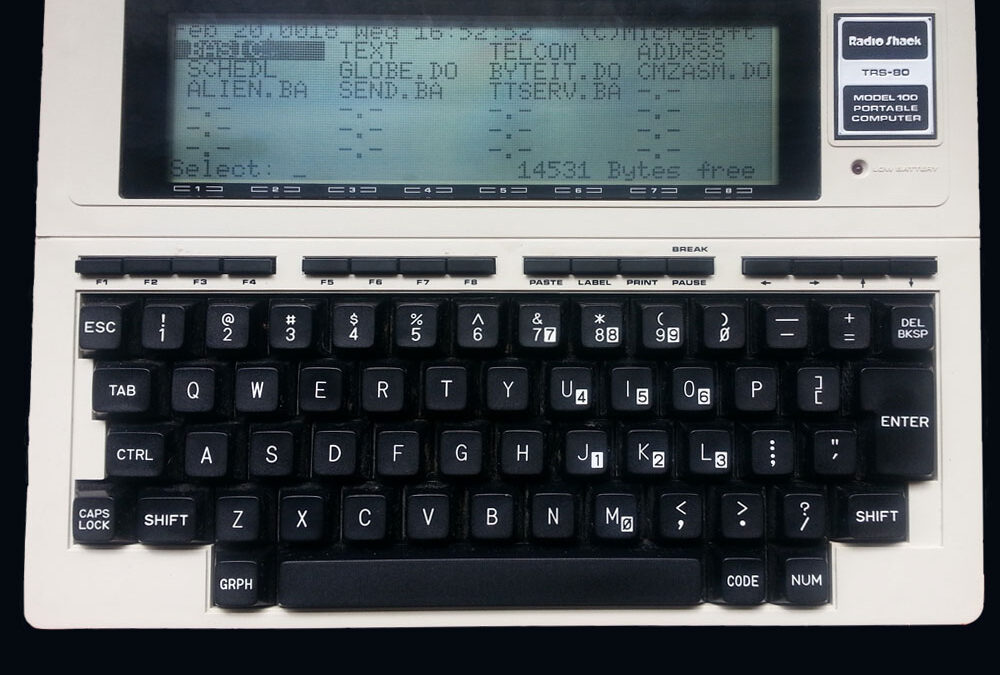
by musovern | Apr 3, 2018 | Vintage Computer
The Tandy 100 was actually a computer made in Japan by Kyocera. All the ROM programs were written by Microsoft, and even a few of them were written by Bill Gates (!) himself! These programs include a text editor, a telecommunication program, which uses the built-in...
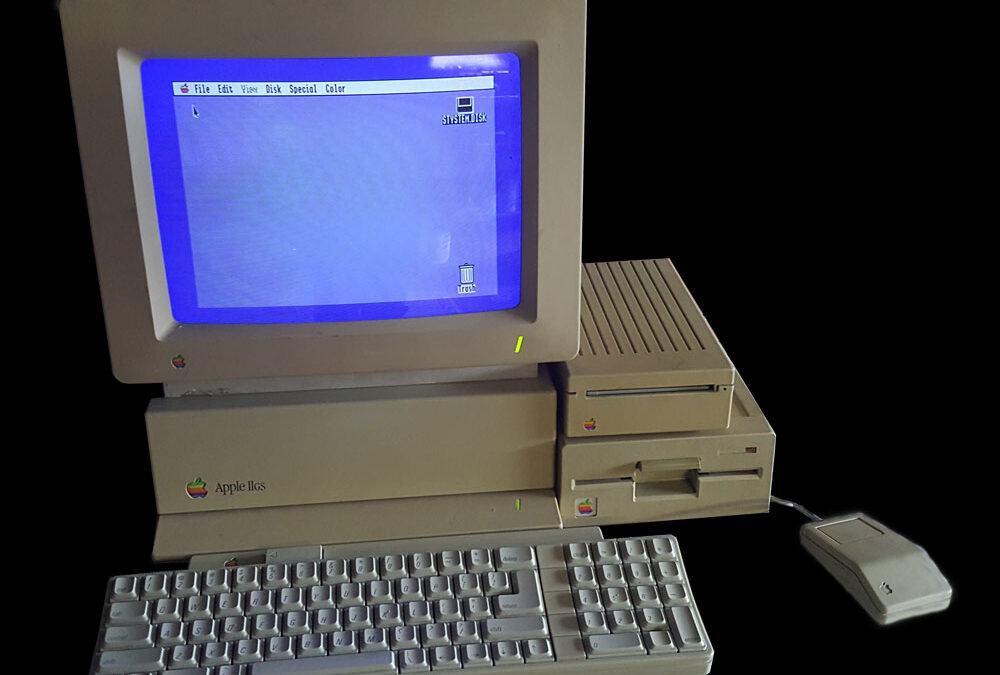
by musovern | Mar 17, 2018 | Vintage Computer
The IIGS was the first Apple computer system to utilise the Apple Desktop Bus (ADB). The ABD is a low-speed bi-directional serial bus that connects input devices, such as keyboards, mouse devices, and graphics tablets to the IIGS. It was later incorporated into the...







